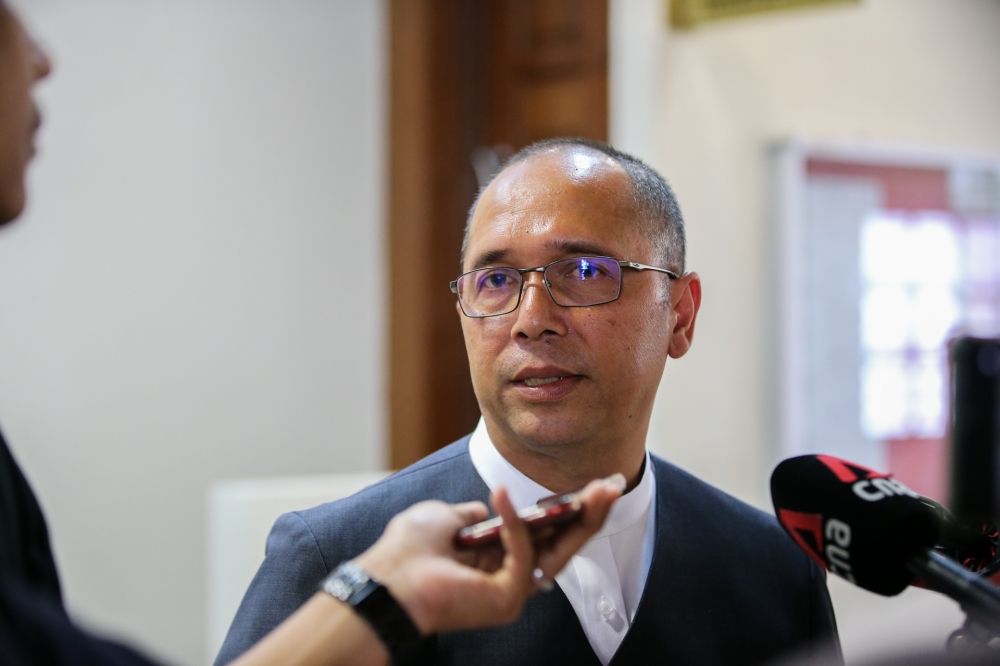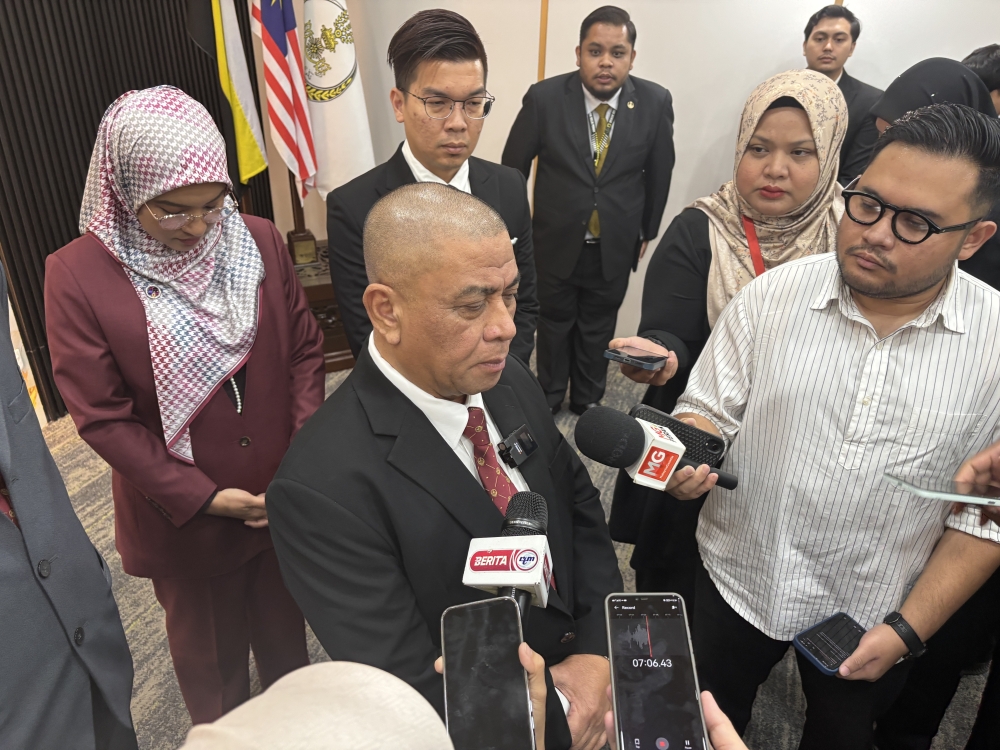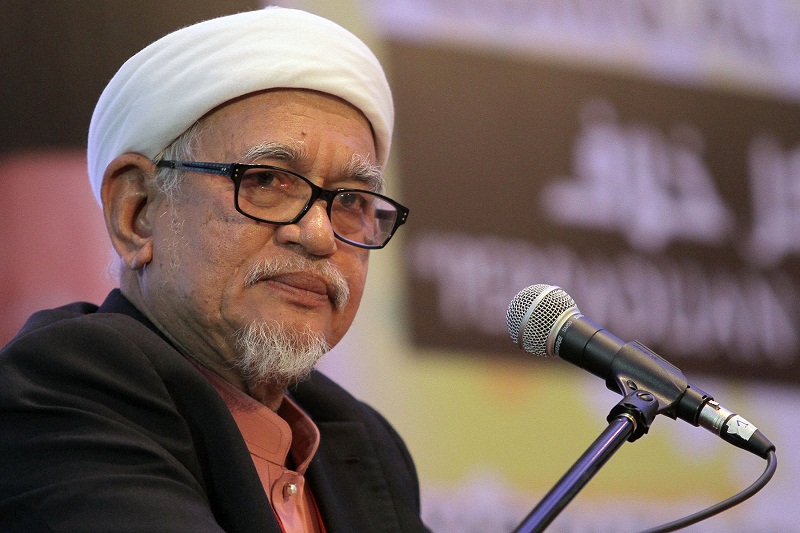KUALA LUMPUR, Nov 26 — Politicians' argument that Shariah laws do not affect non-Muslims is disproved by existing interfaith custody battles, the Sisters in Islam group said today when urging the rejection of a Bill to enhance Shariah punishments.
Citing the cases of M. Indira Gandhi and S. Deepa who both underwent high-profile custody battles with Muslim convert ex-spouses, SIS said this was just one of many reasons not to “bulldoze” through PAS president Datuk Seri Abdul Hadi Awang's private member's Bill.
“While proponents of RUU355 insist that the Bill will not affect non-Muslims, reality shows that existing syariah laws are already impacting non-Muslims in Malaysia,” the group said.
“SIS believes that it is irresponsible of politicians to dismiss the fears and concerns of non-Muslims in Malaysia, as they too are equal stakeholders in RUU355.”
Hadi's Bill is dubbed RUU355 as it seeks to amend the Syariah Courts (Criminal Jurisdiction) Act 1965 or Act 355.
Non-Muslims commenting on the Bill, which is regularly associated with hudud, are regularly told not to interfere as the matter ostensibly does not concern them. This went as far as a special briefing in Parliament this week that was conducted exclusively for Muslim MPs.
SIS today also questioned how Hadi arrived at his proposal to increase punishments available to Shariah courts to 30 years' imprisonment, RM100,000 fines, and 100 lashes of the cane.
These limits were introduced in the amended version of his Bill; it previously sought to allow Shariah courts to hand out any punishment short of the death penalty.
“The public deserves an explanation of the rationale behind the leap in expansion of punishment from the present limit to the proposed limit,” it said.
SIS also asked what safeguards would be put in place to prevent Shariah courts from handing down disproportionate sentences for religious offences or to ensure that the punishments do not vary state to state.
Religious matters come under the purviews of the individual states and each has its own set of Shariah enactments.
Rather than punishments for religious offences, SIS said the area of Shariah law that most needed reform was in family law such as concerning the non-payment of child maintenance.
“These cases often continue for years, the main reason is that the ex-husband does not show up to court. Despite this, the syariah courts rarely issue arrest warrant for the men who fail to show up in court, leaving Muslim women bearing the brunt of the injustice,” it said.
The group then urged all Malaysians regardless of faith to speak out against the Bill, calling it matter of national interest and the concern of everyone.
“All of us have a stake in this. It is time for the voices of the people to come together and reject a future that undermines our unity and threatens our way of life.”
Hadi on Thursday tabled a motion on his amended private member's Bill, but again deferred it to the next parliamentary meeting, as he had done when he submitted the motion on the original Bill in the previous meeting.
He had then complained about non-Muslim interference over his Bill, which he claimed necessitated him to defer its tabling.




















